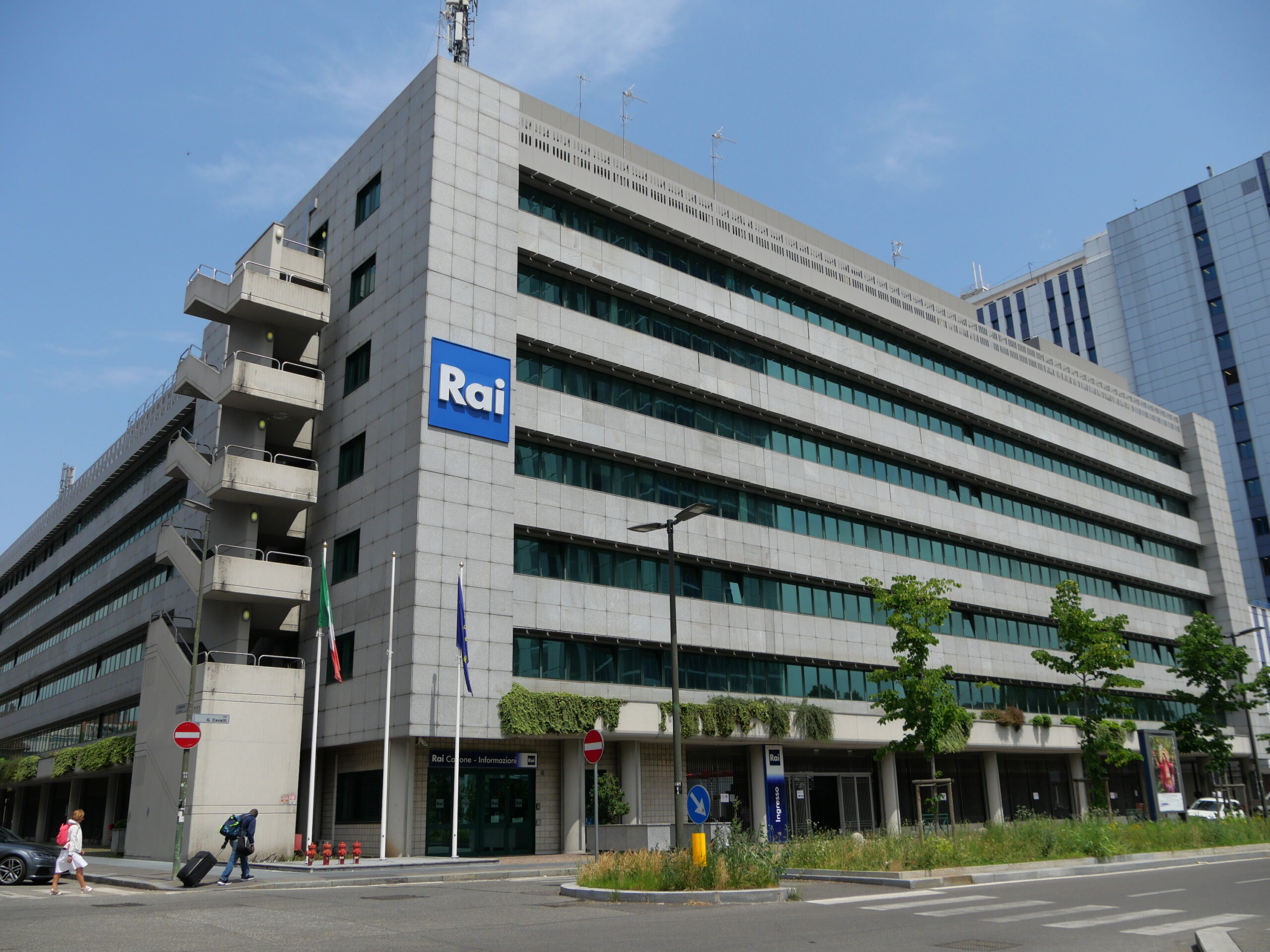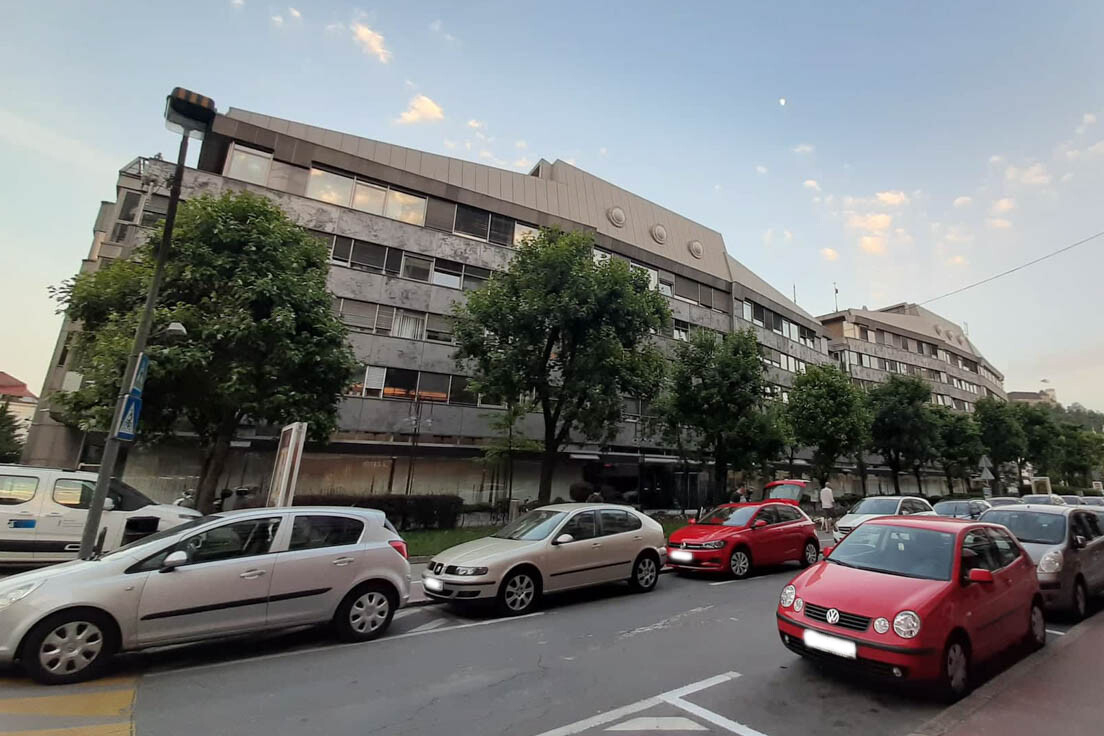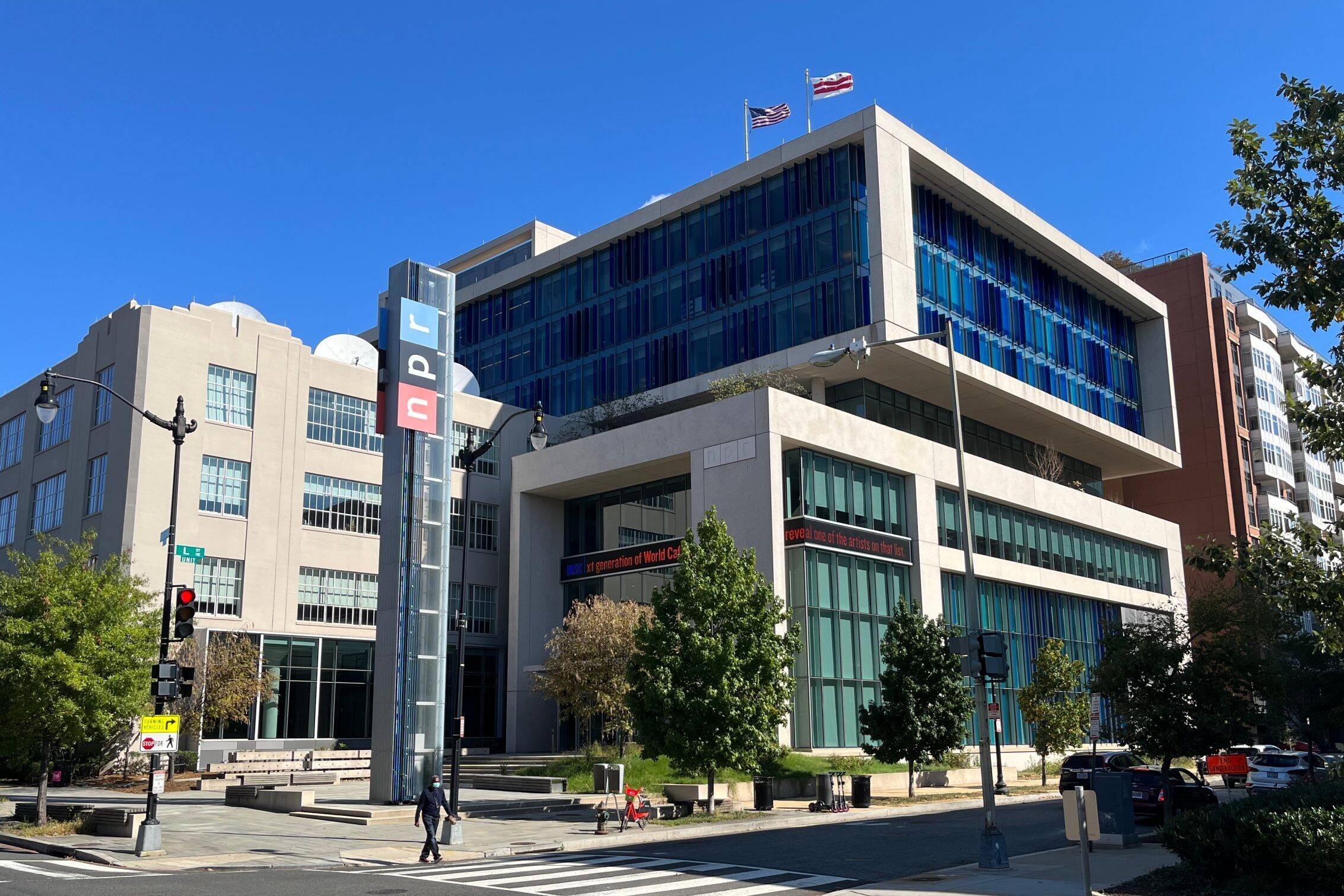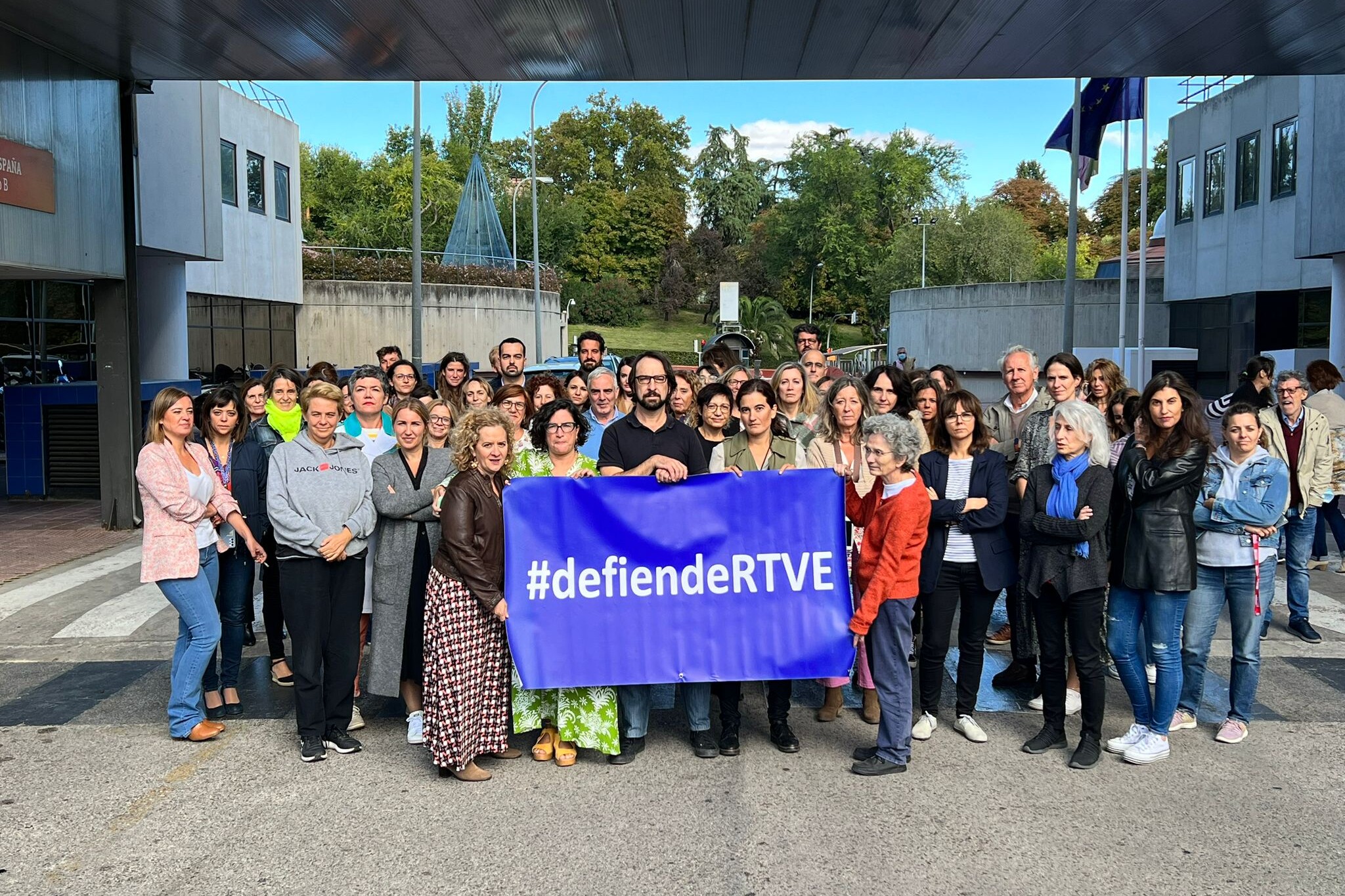Rai CEO resigns sparking fears of political interference
11th May 2023
“A political clash has erupted over the position I hold and over my person, which contributes to weakening Rai and the public service,“ said Rai’s CEO, Carlo Fuortes.

The CEO of Italy’s public service broadcaster, Rai, has resigned from his position, writing in a letter that “there are no longer the conditions to continue my job as managing director,” Rai reported.
What has happened?
Carlo Fuortes was appointed the CEO of Rai in 2021 by the previous Prime Minister, Mario Draghi, and was tasked with implementing reforms at the broadcaster. In his resignation letter, sent to the Minister of Economy and Finance, Mr. Fuortes outlined those achievements: “[N]ew programs and schedules which have led, among other things, to an evident relaunch of Rai2, the organisational transformation for Generi, a strategic real estate plan that has been awaited for decades, a significant strengthening of RaiPlay and the digital offer.”
However, since the beginning of this year, he condemned the Board of Directors for its lack of a “constructive attitude … [which] actually threatens to paralyse [Rai], making it unable to meet the obligations and deadlines of company programming with the risk of making it impossible to face the great challenges of Rai’s future.”
Read more: US: Concern over political interference at West Virginia Public Broadcasting
The top management at the broadcaster had faced criticism last month due to delays with critical decisions over the budget and scheduling.
In the letter, Mr. Fuortes further alleged that while a new programming schedule was set to be finalised in the next few weeks, the Board was trying to interfere. “[I]t is a fact that there are no longer the conditions to continue with the editorial project of renewal that we had undertaken in 2021. In order to obtain the approval of the new production plans by the Board of Directors, I cannot accept the compromise of sharing changes – although obviously legitimate – of the editorial line and a programming that I do not consider in Rai’s interest.
“I have always considered the freedom of choice and of the work of a director to be an essential element of the ethics of a public company.”
Subscribe toour newsletter
Keep updated with the latest public
media news from around the world
What has the reaction been?
Reacting to Mr. Fuortes’ resignation, the President of Rai’s Board, Marinella Soldi expressed her personal displeasure with the way the story had been treated by the media, but said she respected “the reasons for his departure.” Ms. Soldi, like Mr. Fuortes, was also appointed in 2021.
“We now need a climate of collaboration and a responsible attitude on the part of all the stakeholders, different from the harmful uncertainty that has characterised recent times,” Ms. Soldi said in a statement. “In my role as chairman at the service of citizens I will do everything possible for a digital, inclusive and sustainable public service, capable of keeping up with the times and central to the life of all Italians.
According to Euronews, other departures at Rai are expected to follow, with concerns being raised that the ruling far right Brothers of Italy (FdI) party – led by the Prime Minister, Giorgia Meloni – is attempting to take control of the country’s cultural institutions, including public service media. In September 2022, the Fdl party lodged a complaint with the broadcasting regulator against Mr. Fuortes, for Rai’s on-air inclusion of French philosopher Bernard-Henri Lévy, who had criticised the Italian right.
“Fuortes’ resignation marks the beginning of manoeuvres for the total control of public broadcasting,” said Nicola Fratoianni, a member of the Chamber of Deputies and Secretary of Italian Left.
The Trustees of Rai have also outlined their fears, expressing “strong concern for the situation in which the company finds itself”.
Meanwhile, centre-left board member, Francesca Bria, told Domani, “Rai does not seem to follow the European rules on undue political interference and editorial independence of the media … it is clear that the government has decided to force the hand. … From the Sanremo festival there have been declarations by members of the majority on the fact that the management of Rai should have resigned. The freedom of expression even of artists and intellectuals, as well as Rai journalists, has been called into question.”
“In order to obtain the approval of the new production plans by the Board of Directors, I cannot accept the compromise of sharing changes – although obviously legitimate – of the editorial line and a programming that I do not consider in Rai’s interest.” Carlo Fuortes, Former CEO of Rai.
However, this was refuted directly by the FdI, who said Mr Fuortes’ resignation was because there was a crisis at Rai, reported Ansa. “The all but florid situation of the radio-TV public service concessionaire is well-known for months now and does not worry just us … Fuortes’ decision to resign, above and beyond the fantastic reconstructions of some media outlets, has been determined by his awareness of these difficulties.”
These sorts of circumstances, however, are not without precedent. The appointments of different directors came under scrutiny in 2018, when Matteo Renzi was Prime Minister.
What happens next?
“A new chapter is opening at Rai”, is how Il Giornale described the state of affairs at Rai. “With the resignation of Carlo Fuortes, the chapter of Rai, an expression of Draghi’s broad understandings, ended and the era of Melonian television opened.”
As an interim, the current Director of Radio, Roberto Sergio, will be made CEO of Rai. Already, other suggested names for other senior positions are being put forward, with a number having close ties to Ms. Meloni and FdI, such as Giampolo Rossi and Gian Marco Chiocci.
Questions the existing structures were raised when the FdI government came into power last year. In his first interview, the Culture Minister, Gennaro Sangiuliano, said he would challenge political correctness at the public broadcaster.
But it remains an important time for the public broadcaster, with key decisions to be made. In the short term, the programme schedule for the year ahead needs to be finalised. In the longer term, the industrial plan needs to be settled, and the issue of the future funding of Rai is in the balance.
Meanwhile, for Mr. Fuortes, there have been reports that he would only leave his position at Rai if another position were made available for him. It is now understood he could be in line to accept a position at Naples Opera, with a new law passed last week which “requires all foreign directors of opera houses who are over 70 years old to leave their posts by 10 June at the latest,” Euronews reported. This would include the current director of Naples Opera Teatro di San Carlo, the Frenchman, Stéphane Lissner.
Accusations of political interference are always concerning for public service media, and the content of the resignation statement of Mr. Fuortes is deeply worrying. The Public Media Alliance urges the FdI government to respect the independence of Rai and to give it assurances over its funding. PMA will continue to monitor the situation.
Related Posts
7th March 2023
US: Concern over political interference at West Virginia Public Broadcasting
Years-long political pressures on West…
6th October 2022
“Our survival is at stake”: Staff at RTVE protest against political interference
Staff at Spain's national broadcaster,…


